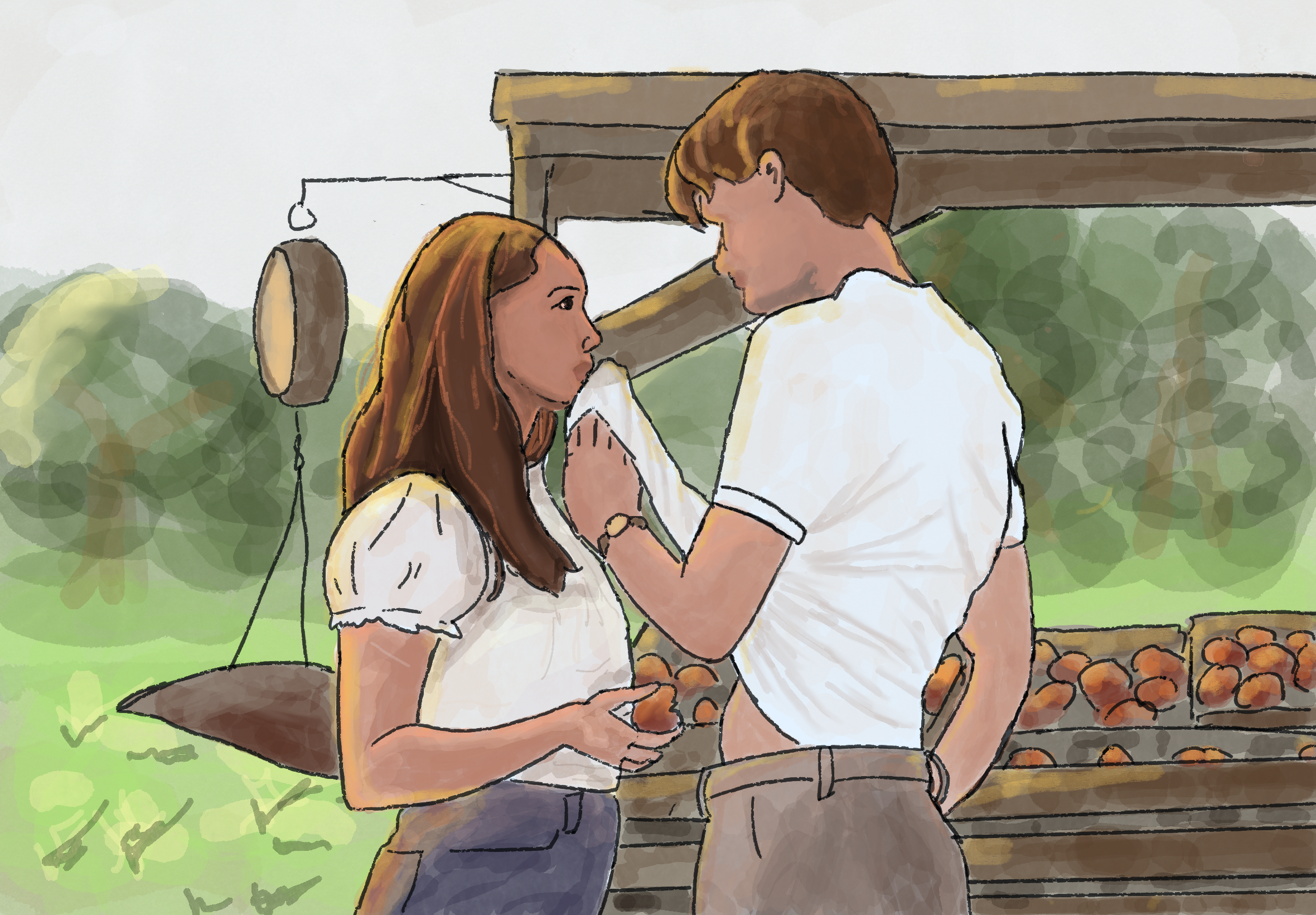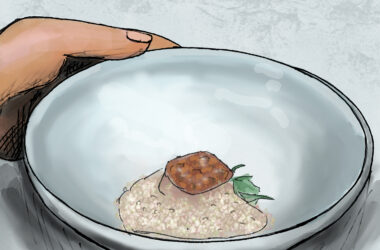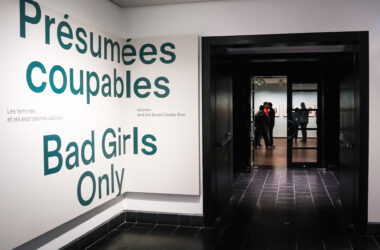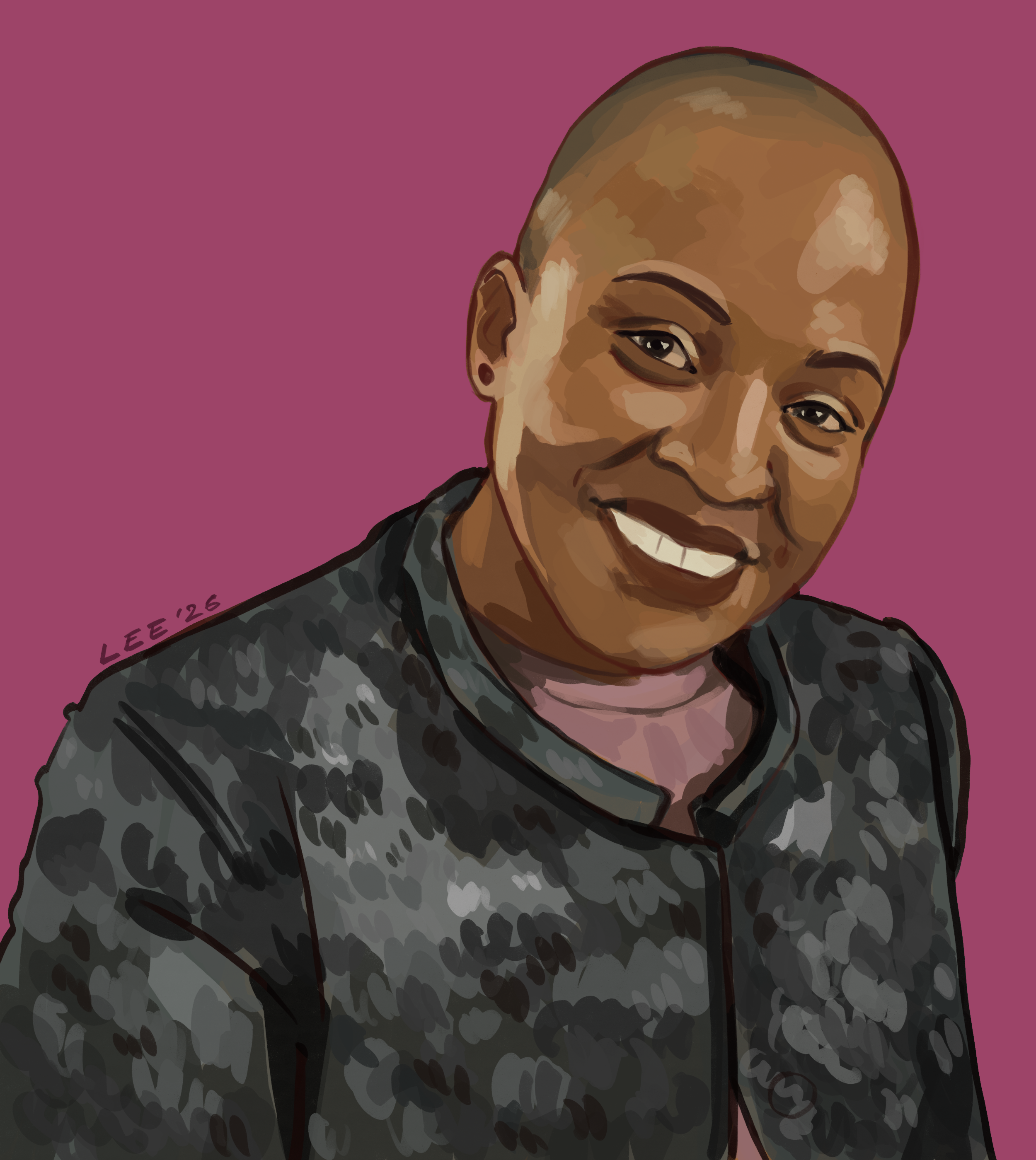Wes Anderson is widely distinguished for his aesthetic style—features ranging from striking symmetry to eye-level points of view, pastels to vibrant hues. Highlighting ordinary objects in otherwise distinctive ways, viewers have even begun to excavate these aspects in their everyday lives. @Accidentalwesanderson on Instagram has amassed nearly two million followers,[Read More…]
Arts & Entertainment
Keep up to date on local art, new albums, and everything entertainment-related.
Rainy OAP performance rinses away pretenses
Despite the cold open that Montreal student band The Longest Year was supposed to deliver as the first act of the day, the audience who crowded around the tented Open Air Pub (OAP) stage on Thursday afternoon had seemingly already warmed. Even more surprisingly, their wet hair was plastered to[Read More…]
What we liked this summer break
The Summer I Turned Pretty Season 3 – Bianca Sugunasiri, Arts and Entertainment Editor This summer brought sun, sea, and the newest season of Jenny Han and Gabrielle Stanton’s show The Summer I Turned Pretty, perhaps more appropriately named ‘The Summer I Made Poor Decisions.’ Season 3 follows Isabel “Belly”[Read More…]
The Bear is back and breaking cycles, not plates
I worked as a server in high school, and I can attest to the chaos that takes place within a restaurant kitchen. Notorious melting pots of large personalities, kitchens are often home to screaming matches and shattered plates. This conflict remains hidden from customers, tucked away behind the facade of[Read More…]
Faith in art over profit with ‘Berthe Weill: Art Dealer of the Parisian Avant-Garde’
In a corner of the exhibition’s second room, Émilie Charmy’s Still Life with Pomegranates sits beside Jacqueline Marval’s self-portrait Minerva. The scenes in oil are classical: Persephone, the daughter of Demeter, condemned to the underworld for six months for eating six pomegranate seeds, resurfacing in the spring only to descend[Read More…]
Illusion, reality, and the aesthetic diversity of perspective
Strolling down boul. St.-Laurent towards the McGill Fine Arts Commission (FAC) exhibition, I momentarily regretted never completing that Art History minor. Not being an educated scrutinizer of fine art, how could my perspective add anything to the artistic conversation? But as the bubbling atmosphere of jazz, artists, and gallery-goers swiftly[Read More…]
The radiance and resilience of De Stiil Booksellers
De Stiil Booksellers, a small independent bookstore nestled in the Plateau, is caught in the crossfire of an international trade war. In response to U.S. President Donald Trump’s recent tariffs on Canadian goods, Canadian Prime Minister Mark Carney has promised to act “with force” by issuing counter-tariffs taxing American products. [Read More…]
A&E on the most impactful novels they’ve encountered in the classroom
Eugene Onegin by Alexander Pushkin (RUSS 223: Russian Literary Giants 1) – Isobel Bray, Contributor Eugene Onegin is a timeless novel-in-verse set in 19th-century Russia. It follows the titular aristocrat, who, after inheriting his uncle’s estate, retreats to the countryside. Eugene is bored with high society and indifferent to those[Read More…]
Sheep are having a Pop Culture moment—and it’s unsettling
They’re baaaaaack—and not in a cute nursery rhyme kind of way. Sheep have tiptoed their way back into the cultural frame, not just as pastoral props but as full-blown characters, metaphors, and messengers. From a blood-streaked Icelandic hybrid in Lamb to the soft-eyed flocks in Bergers, the modern media sheep[Read More…]
Exploring the etchings of women’s shame at ‘Bad Girls Only’
Their bodies are cast in stark black ink. Harsh cross-hatching carves out exaggerated forms featuring sagging breasts and bulging stomachs. The slight fingers of one of the women curve around a heart, pulling it to her mouth moments before taking a bite. Another’s hand grasps tightly around the hilt of[Read More…]















